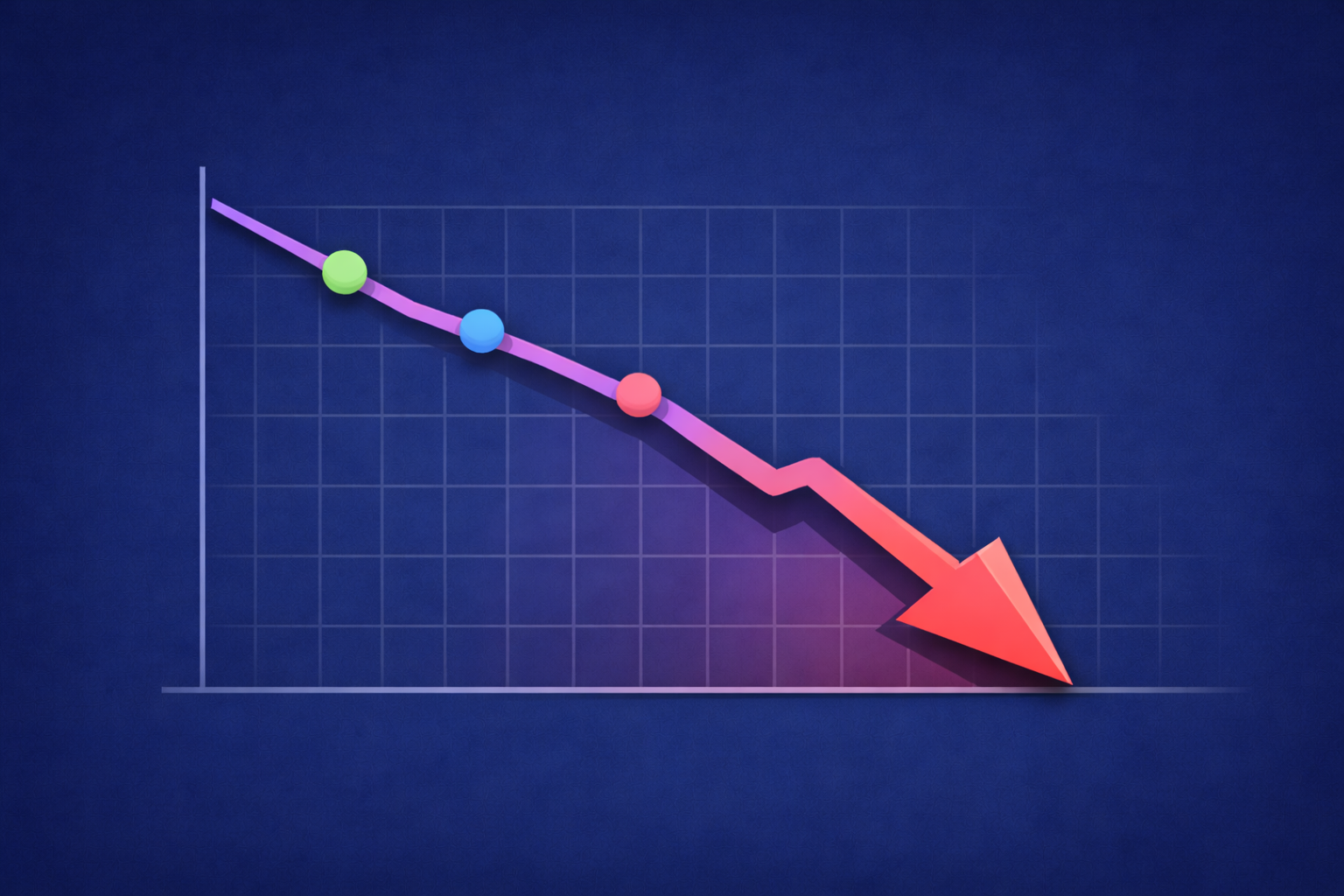Understanding SEO is complex and it's easy to get caught up in chasing after factors that no longer carry as much weight as they once did when it comes to ranking algorithms.
There’s no point in wasting your time obsessing over outdated ranking factors when you can channel all your SEO efforts into more productive techniques.
In this blog post, we're looking forward to 2024 and calling out some SEO factors that won't matter as much as you might think and discuss the techniques you should prioritise instead to achieve better results.
LSI keywords
LSI stands for latent semantic indexing and LSI keywords are words related to a main keyword or topic and are seen as semantically relevant. For example, if your page is about gardening then the LSI keywords could be plant, garden, landscape, lawn and flower. For a long time, people have thought that all they needed to rank high in search engine results was to stuff their content with LSI keywords, often leading to low-quality copy and poor user experience.
In the early days of SEO, this technique would work because Google used to base the rankings solely on keyword density. However, LSI indexing is an old technology created in the 1980s and Google’s gotten much more smarter now. Google uses a more advanced approach now, analysing the whole page to determine its topic and making it less reliant on explicit LSI keywords. Although it’s still good to include target keywords in your copy, don’t obsess about it too much. Google encourages people to focus on creating high-quality content that’s comprehensive, provides value and addresses user queries.
Content score on a content optimisation tool
There are a lot of content optimisation tools out there that help creators improve their content for SEO benefits. They analyse the body of your content and give you a score or a green light if you’ve satisfied their criteria. While these tools can be helpful for improving the SEO-friendliness of your content, achieving a high content score doesn’t guarantee higher rankings on Google. It just means you’ve met some basic on-page requirements, such as having the target keyword in the title and copy.
This is because these optimisation scores are determined by third parties, not Google. Google's algorithm is very advanced and it analyses hundreds of ranking factors, not just on-page content. Don’t waste time trying to achieve the perfect score, because no score is going to be 100% accurate. Instead, focus on satisfying user intent to get to the top of search results.
Exact match domains
Exact match domains (EMD) are domain names that exactly match the target query. They used to be a great way for people to attract traffic and rank higher. For example, if people wanted to rank for the query ‘best hair loss pills’, they’d create a domain called besthairlosspills.com and that would give them a great ranking advantage in the past.
However, Google’s changed its algorithm now to reduce low-quality exact match domains from taking advantage of the EMD bonus. Relying on having a keyword-rich domain doesn’t cut it anymore, so it’s better to choose a domain name that’s unique, memorable and brandable.
Word count
A lot of people think you need to create long-form content to rank higher in search results. However, there is no ideal word count when it comes to SEO and Google has confirmed that word count is not included in the ranking factors. Google’s algorithms are designed to look for relevant, high-quality content and just adding more words to your copy won’t improve its rankability.
Matching searcher intent and creating content with value is much more important for Google. If you’re creating a blog post to address an informational query then it’s actually best to keep it concise. This is because people clicking on your page just want to know the answer to their question and don’t want to read any more than they have to. Make sure that your blog posts are easily digestible and remove all the unnecessary fluff. This way you can increase the chances that user engagement doesn’t drop halfway through your post.
Social signals
Social signals are engagements on social media posts, such as likes, shares and comments. While social media marketing is very useful and can help attract traffic to your site, it doesn’t do much for your SEO.
This is because it’s not a reliable way to rank pages and it can be easily manipulated. Companies can buy thousands of likes and social media followers for a very low price. They can also increase their engagement by just paying to sponsor their posts. The number of shares or likes your post receives has nothing to do with the content's relevance, which is one of the most important ranking factors for Google.
What should you focus on instead?
It’s important to note that the practices mentioned above are not bad and with other on-page strategies, they can still support Google’s primary ranking factors.
But by distinguishing the factors that actually matter for your SEO, you can save yourself the trouble and focus all your time and efforts on strategies that help you achieve better results.
Make sure that your content is comprehensive, unique and interesting and most importantly, ensure that it matches the search intent behind a query.
It’s also important to keep your website in good technical health and SEO-friendly by indexing your content, making sure that the links work and fixing any technical issues.
Focus on natural, high-quality link-building by creating valuable content that attracts organic backlinks from authoritative sources.
If you want to know more about optimising the SEO for your site and how digital PR can help, please get in touch.





.jpg)
.jpg)

.jpg)

